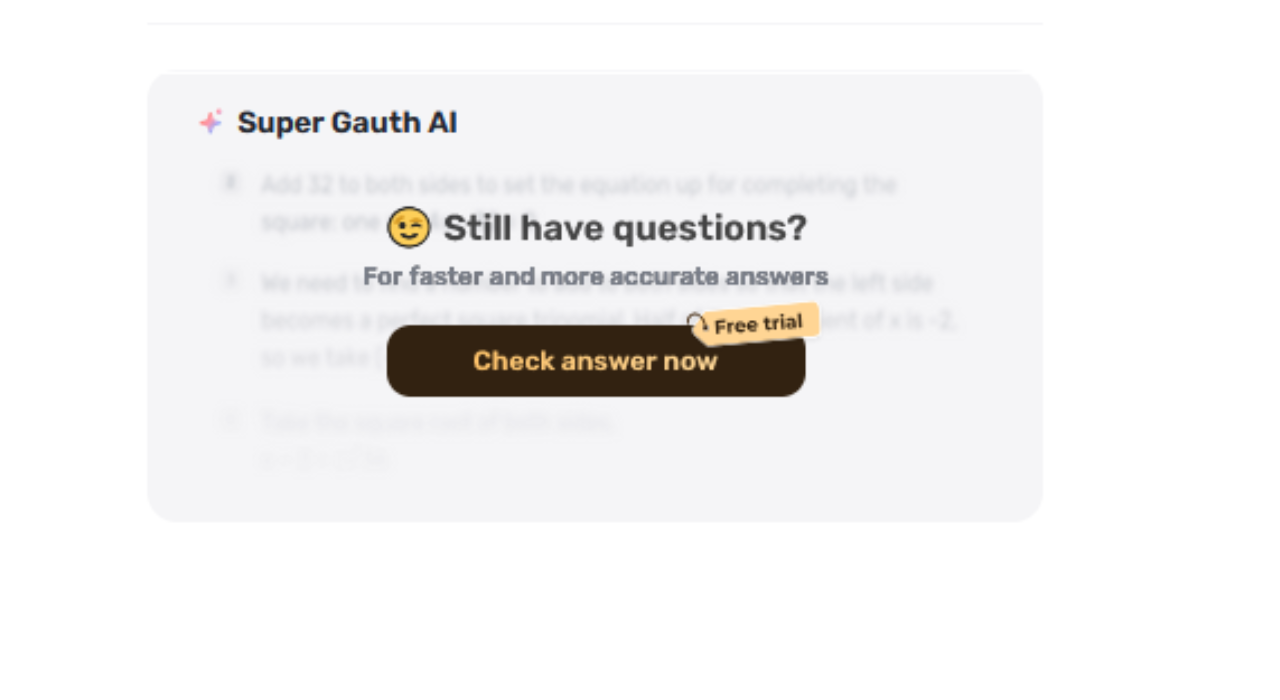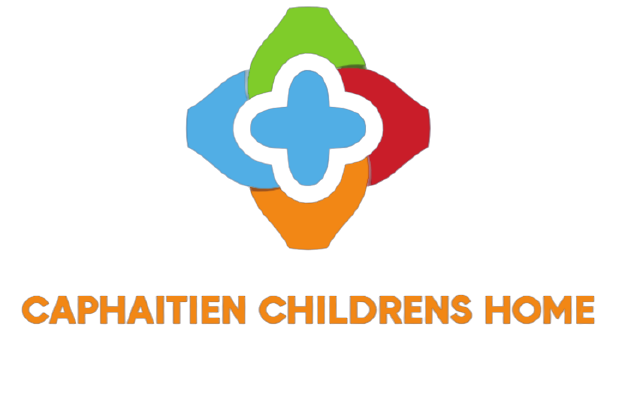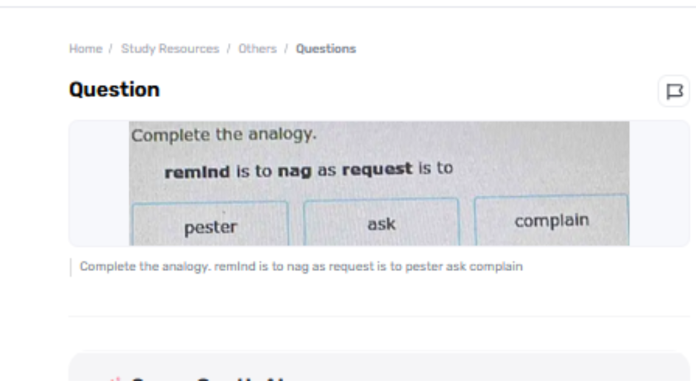Have you at any point been in a circumstance where somebody continually pesters you to follow through with something, almost to the mark of irritation? All things considered, in the realm of relationships, the connection between “remind” and “nag” is very like one more set of words. The inquiry emerges: What word best finishes the relationship: Remind is to nag as the request is to?
Relationships can be a pleasant method for testing our language and thinking abilities, and this specific similarity fills in as an extraordinary chance to ponder the unobtrusive subtleties between the words remind and nag and their partners. By investigating this relationship, we can acquire a more profound comprehension of remind is to nag as request is to? Thus, we should dig into the universe of word affiliations and check whether we can concoct a fitting word to finish this relationship.
What Word Best Completes the Analogy: Remind Is to Nag As Request Is to?
With regards to finishing a similarity, it can at times be precarious to decide the right word that best fits the connection between two terms. For this situation, we are checking the relationship: Remind is to nag as the request is to. We should dig into this relationship and investigate the conceivable word decisions that could finish it.
Figuring out the Connection Between Remind and Nag
Before we can decide the word that best finishes the similarity, it’s critical to comprehend the connection between Remind and Nag. When somebody helps us to remember something, they are provoking us to recollect or make a move on an errand or occasion. This update is normally presented in a supportive and productive way, determined to help us in getting done with responsibility or fulfilling a time constraint.
Then again, when somebody pesters us, they are continually nagging a similar point, frequently in a dreary or irritating way. Pestering should be visible as a type of industrious, meddling, or undesirable update that can be disturbing and disappointing to the recipient.
Connection Between the Request and the Missing Word
Since we have laid out the connection between remind and nag, we should direct our concentration toward the connection between demand and the missing word in the similarity. A request is a respectful or formal approach to requesting something or requesting that somebody follow through with something. It is a deferential and circumspect approach to looking for help, joint effort, or some help from someone else.
With regards to the similarity, we can draw matches between Remind and Nag as far as the two activities being started by one individual and coordinated towards another. While an update prompts somebody to review or follow up on something they might have neglected, a solicitation looks for some help, help, or activity from another person.
Deciding the Word That Completes the Analogy
With a reasonable comprehension of the connections between remind and nag, as well as request and the missing word, we can now consider the potential words that could best finish the similarity. Considering that an update is a valuable brief to recollect or follow up on something, while pestering is an irritating and tenacious type of update, we can construe that the missing word in the relationship ought to mirror a comparable dynamic.
A single word that could best finish the relationship is “pester.” Pester imparts likenesses to pester in that it conveys a feeling of tenacious, irritating, or nosy updates or demands. At the point when somebody bugs us, they consistently badger or irritate us with solicitations, questions, or requests, similar to how pestering can feel like a tireless and vexatious update.
What are the Steps to Use Gauth for Schoolwork queries?
Gauth is a common device for understudies looking for assistance with their schoolwork. Here is a straightforward manual for really using Gauth for your scholarly requirements:

Step 1: Enter Your Query
Start by opening the Gauth on your PC or cell phone. You will find a text input field where you can type your schoolwork question. This could be anything from a numerical statement to a logical idea. Guarantee that you give however much detail as could reasonably be expected for the best outcomes.
A few renditions of Gauth could likewise offer elements like photograph transfers or voice contributions to make the interaction significantly more straightforward.
Step 2: Obtain the Outcome
In the wake of entering your query, click the Search or Submit button to start the processing. Gauth will examine your query utilizing its high-level calculations and convey an answer. This ordinarily happens rapidly, however the time might fluctuate in light of the intricacy of the query. The outcome will be introduced in an unmistakable organization.
Step 3: Copy or Regenerate Result
When you get the outcome, you can decide to copy it for guaranteed use or regenerate it if you want an alternate clarification or approach. Assuming the underlying response addresses your issues, just copy it and glue it into your schoolwork.
If you’re searching for extra subtleties or an alternate strategy for tackling the issue, utilize the regenerate choice to get one more variant of the solution. This adaptability assists you with acquiring a more profound comprehension of the topic.
Final Talk
The word ask best finishes the relationship: the reminder is to nag as the request is to ask. Similarly as reminding somebody oftentimes can seem to be irritating, creating a solicitation on different occasions can likewise begin to feel like an inconvenience. It’s critical to convey really without overpowering others, whether you’re reminding, mentioning, or just having a discussion. Make sure to be chivalrous and conscious in your connections to keep up with positive connections.




